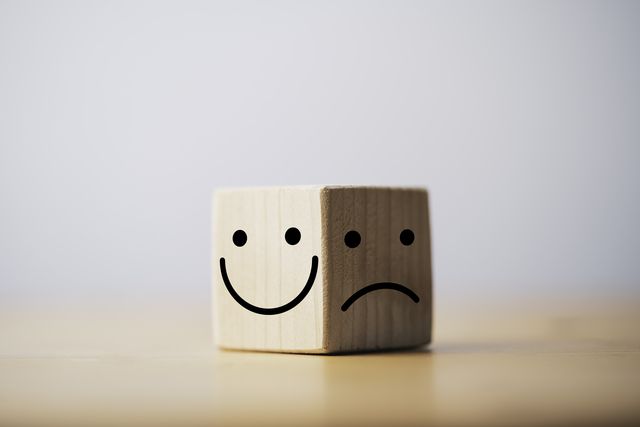The link between emotional suppression and anxiety
Emotional suppression refers to the act of consciously avoiding or ignoring our feelings and emotions. When we suppress our emotions, we prevent ourselves from fully experiencing and processing them. This can create a buildup of unresolved emotional energy, which can have serious consequences for our mental health.
Research has shown a strong link between emotional suppression and anxiety. When we suppress our emotions, especially negative ones, they don’t simply disappear. Instead, they continue to linger beneath the surface, causing internal stress and tension. Over time, this can lead to the development or worsening of anxiety symptoms.
Negative Effects of Emotional Suppression on Mental Health
Emotional suppression can have numerous negative effects on our mental health. One of the most significant consequences is the increase in anxiety levels. When we suppress our emotions, our body’s stress response system can become overactive, leading to heightened anxiety. This can manifest as constant worrying, restlessness, difficulty concentrating, and even panic attacks.
Additionally, emotional suppression can contribute to the development of other mental health disorders, such as depression and substance abuse. By avoiding our feelings, we deny ourselves the opportunity to address underlying issues and seek appropriate support. This can result in a cycle of negative emotions and behaviors, further worsening our mental well-being.
How Emotional Suppression Exacerbates Anxiety Symptoms
Emotional suppression can exacerbate anxiety symptoms in several ways. First, when we suppress our emotions, we fail to process and release them in a healthy manner. This can lead to a buildup of emotional energy, which can intensify anxiety symptoms such as racing thoughts, increased heart rate, and difficulty sleeping.
Furthermore, emotional suppression can contribute to a constant state of hypervigilance. When we suppress our emotions, we may become hyperaware of potential triggers or situations that could elicit emotional responses. This heightened sensitivity can make us more prone to anxiety and can limit our ability to engage in everyday activities without fear or worry.
Lastly, emotional suppression can hinder our ability to effectively cope with stress. By avoiding our emotions, we miss out on valuable opportunities to develop healthy coping mechanisms and problem-solving skills. This can leave us feeling overwhelmed and ill-equipped to handle the challenges that life throws our way, further amplifying anxiety symptoms.
Healthy Ways to Express Emotions and Reduce Anxiety
To reduce anxiety and promote emotional well-being, it is important to find healthy ways to express our emotions. One effective strategy is to engage in regular self-reflection and introspection. This can involve journaling, meditation, or talking to a trusted friend or therapist. By acknowledging and expressing our emotions in a safe and supportive environment, we can prevent the negative consequences of emotional suppression.
Engaging in physical activity is another beneficial way to release pent-up emotions and reduce anxiety. Exercise has been shown to have a positive impact on mental health by increasing endorphin levels and promoting a sense of well-being. Whether it’s going for a run, practising yoga, or dancing, finding an activity that allows you to move your body and release tension can greatly benefit your emotional and mental health.
Finally, seeking professional help from a therapist or counselor can provide invaluable support in addressing emotional suppression and anxiety. A trained professional can help you explore and process your emotions in a safe and non-judgmental environment. They can also teach you effective coping strategies and provide guidance on managing anxiety symptoms.
Seeking Professional Help for Emotional Suppression and Anxiety
If you find that emotional suppression and anxiety are significantly impacting your daily life and well-being, it may be beneficial to seek professional help. A mental health professional, such as a therapist or counselor, can provide the necessary support and guidance to help you navigate your emotions and manage anxiety effectively.
Therapy can offer a safe space for you to explore and express your emotions without fear of judgment. A therapist can also help you identify the underlying causes of emotional suppression and develop healthy coping mechanisms. Through therapy, you can learn to embrace and process your emotions in a way that promotes overall mental well-being.
Remember, you don’t have to face emotional suppression and anxiety alone. Seeking professional help is a brave and proactive step towards improving your emotional health and living a fulfilling life.

